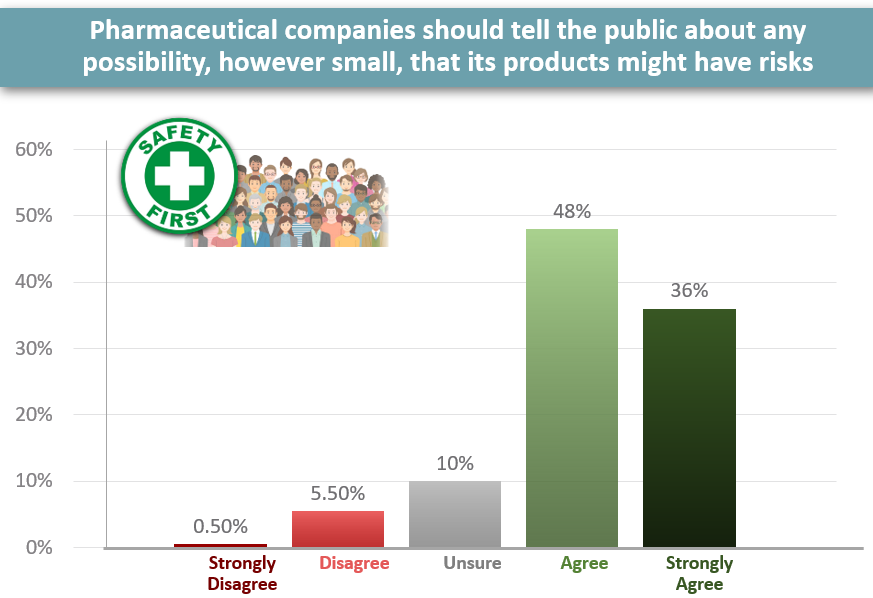Ghost Notes
I’ve been thinking recently about how one ever demonstrates that nothing happened because something did happen. Specifically, with regard to the protests over police shootings, police abuse, etc., how does one demonstrate that new policies make a difference? The difference is noticed only when nothing happens. Undoubtedly, most police officer shootings happen because the officer had no choice other than to prevent being killed himself/herself, or to prevent someone else from being killed/injured. In other words, they are “good” shoots. But, with regard to the “bad” police shootings/arrests/killings, the only way to know if, for example, new policies on






